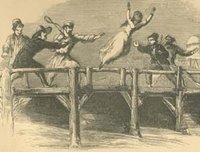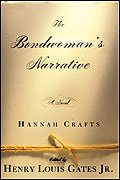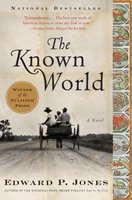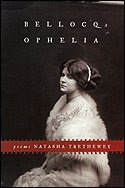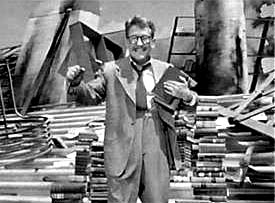Blog Anxiety
…and here I was, so anxious about starting a blog, revealing (sort of) myself to the world. Reluctantly exposing my writing self, my personal self (well, my age maybe), and my opinions (right, like I’m the only person with one of those). Since I’ve begun this blogging gig, I realize that every person in the free world has a blog. Millions of people are exposing themselves, butt nekked, in cyberspace for all to observe. And, while I’ve chosen not to use my name, the chances of anyone I know just accidentally coming across my space and shrieking, “I can’t believe she’s talking about me on the Internet!” are pretty slim to none. So, now I think I can relax about that.
What is most interesting about blogs are the titles that people give to them. Initially, I wanted to call this one Reluctant Blogger, but then found that I was not the only paranoid, schizoid blogger, and just went with what has inspired me. Among the blog names I find creative and clever are A Whole Lot of Nothing, If You Close Your Eyes and Try Hard Its Like You’re Not Even Here (yes, all of that), an MP3 blog called Said The Gramaphone, Croaking Marley, and Elegant Variation.
Even more vexing than collecting blog titles, is sitting for hours at the computer going from blog to blog, reading until my eyes glaze over. I mean there are millions of them! It is a whole ‘nother level of surfing the net. It’s a world where opinions really are like assholes…but is anybody listening?
